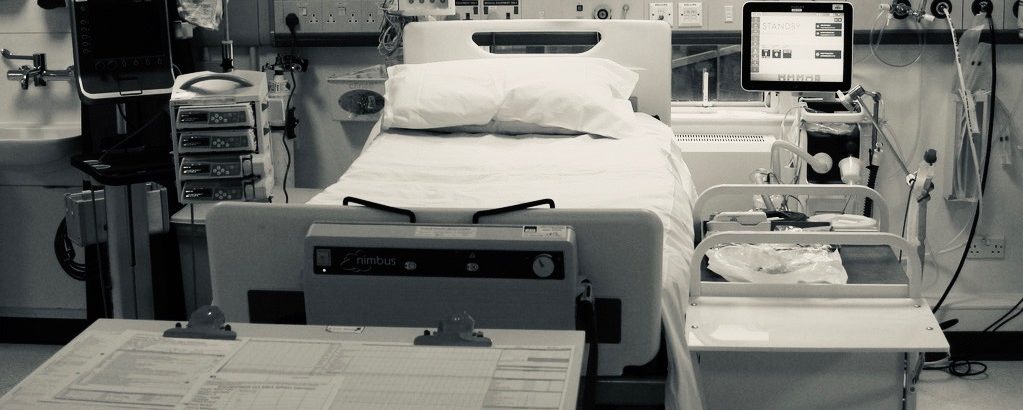The role of the dietitian in intensive care patients is to feed those that cannot feed themselves. Maintaining a good nutritional status during critical illness and ventilation is absolutely essential. Deterioration of nutrition status in critically ill patients is associated with longer length of stay in intensive care unit and in hospital, poorer functional outcomes, more infections and higher mortality.
The dietitian has to calculate the patient’s requirements, construct a nutrition care plan and monitor the effect of the plan. In a critically ill patient, who is unable to eat normal food, it means the dietitian will recommend either enteral nutrition (a specialized formula given via a nasogastric tube into the stomach) or parenteral nutrition (a highly specialized feed given via a central venous catheter into a vein). This requires specialized knowledge of diseases, the impact of the diseases on nutrition, knowledge of various products and knowledge of nutritional status assessment and monitoring.

Comments are closed